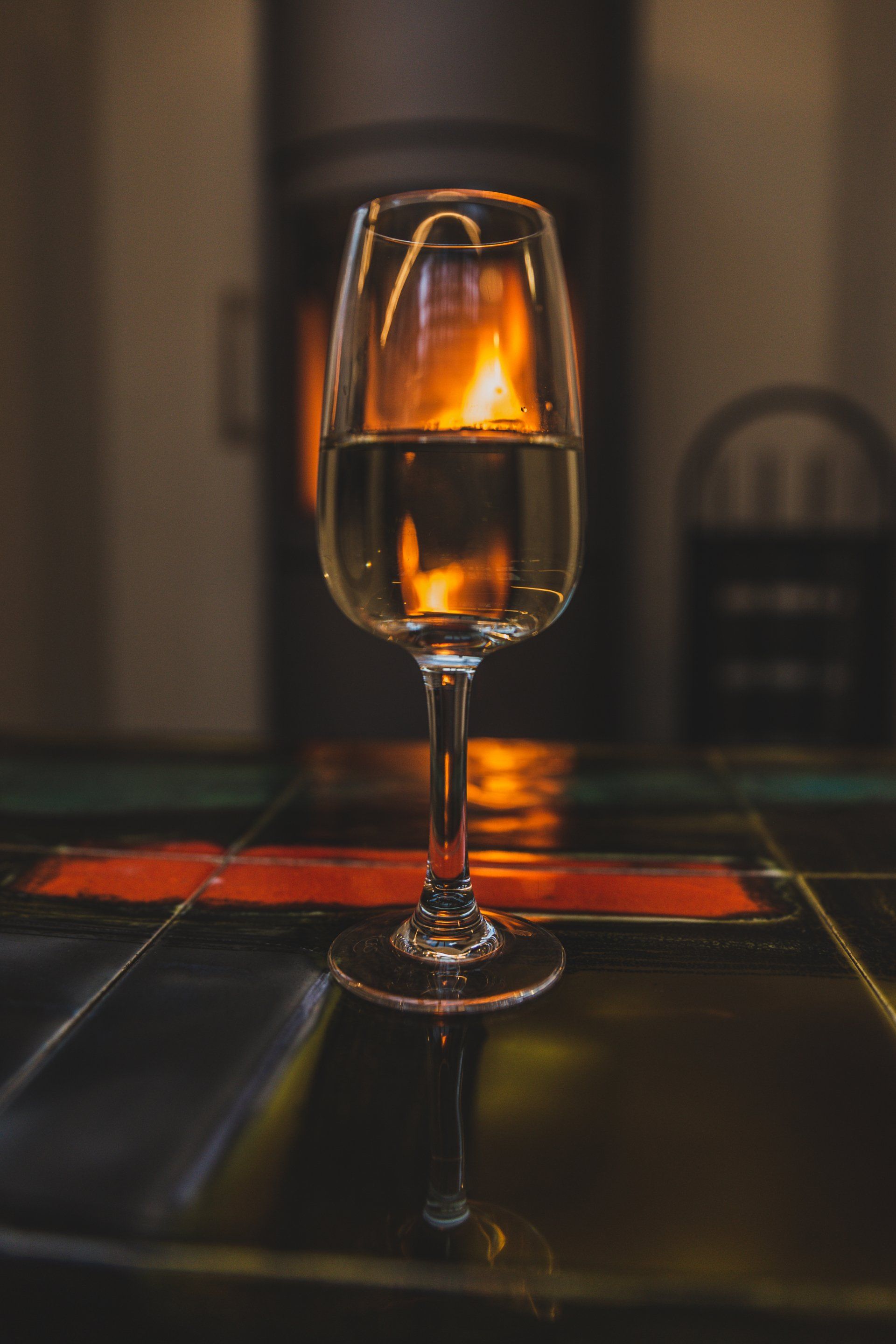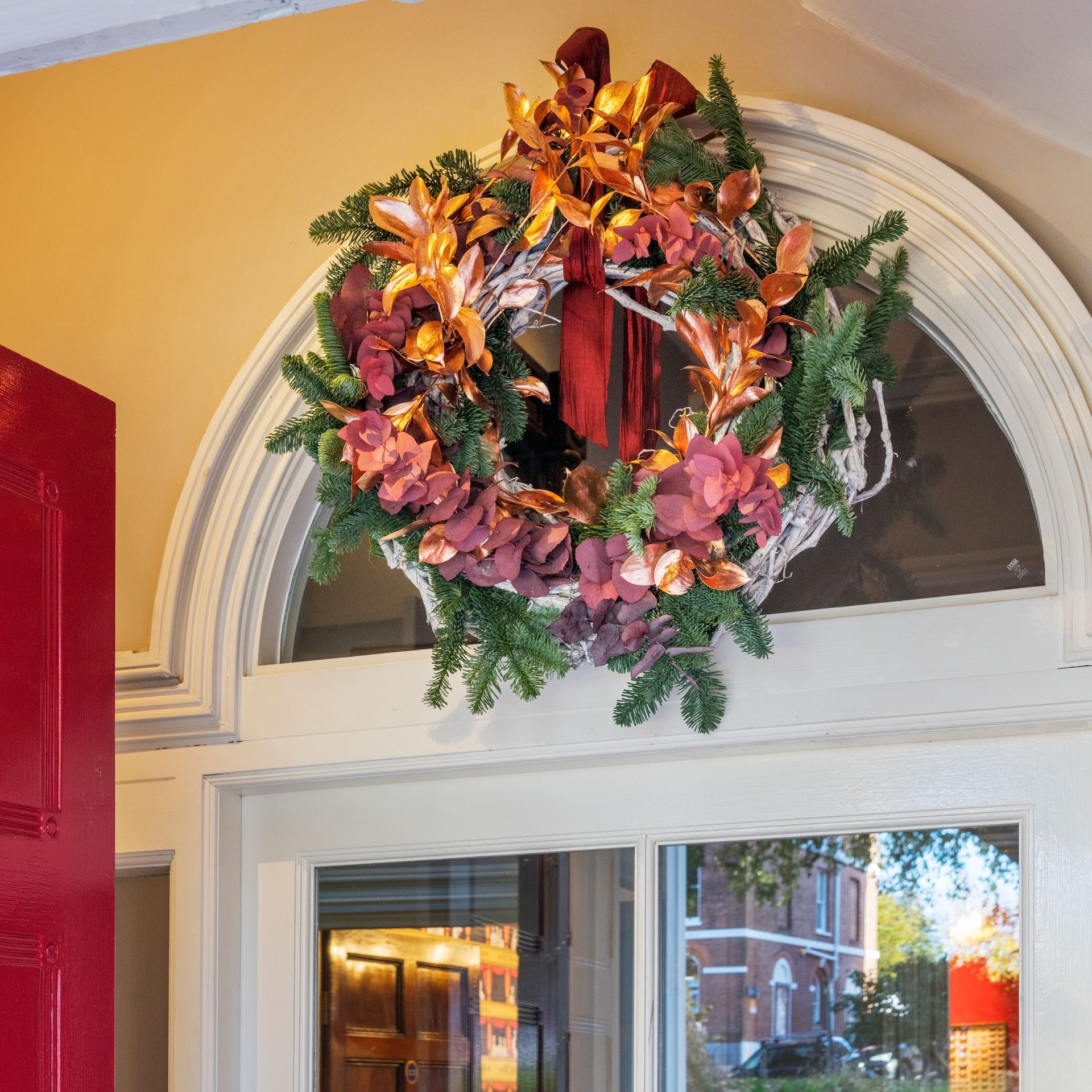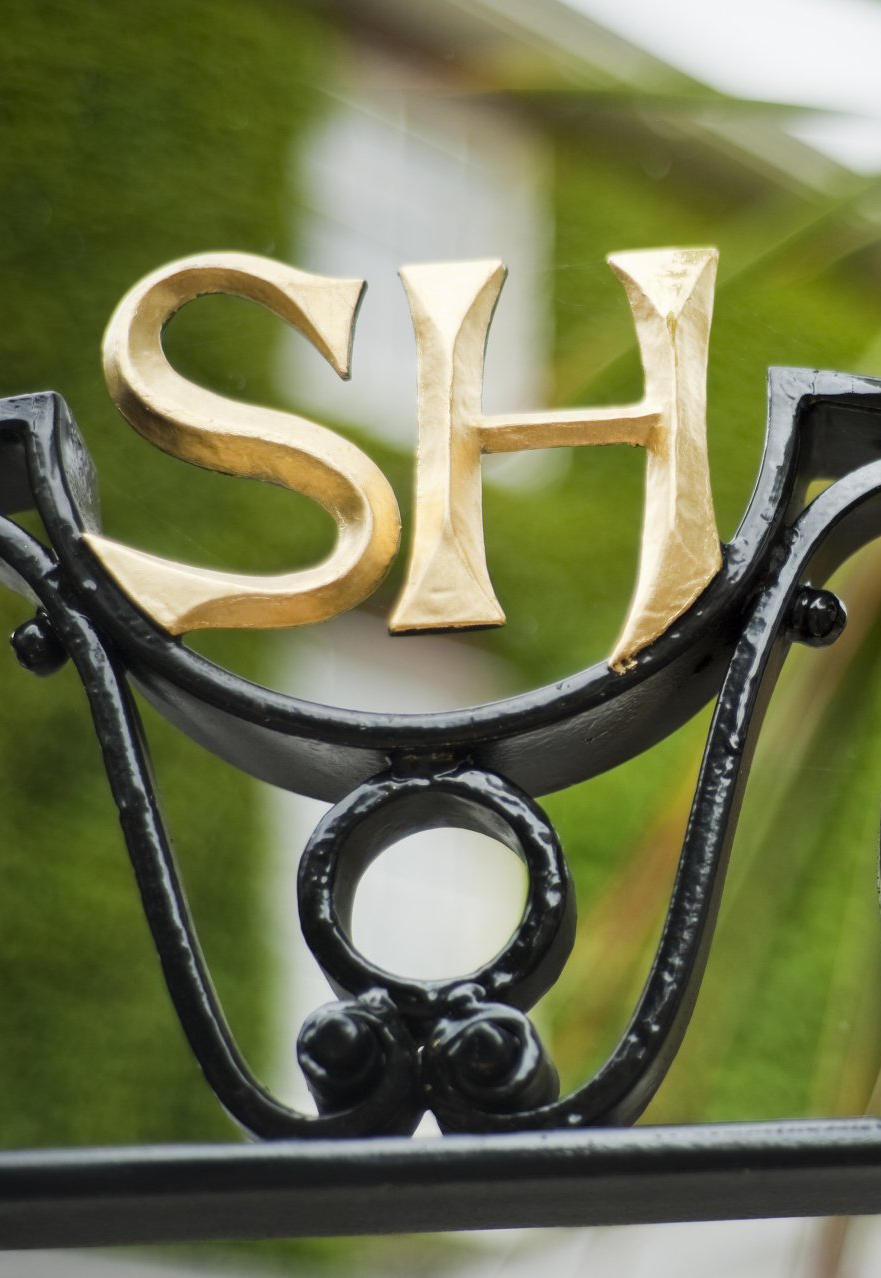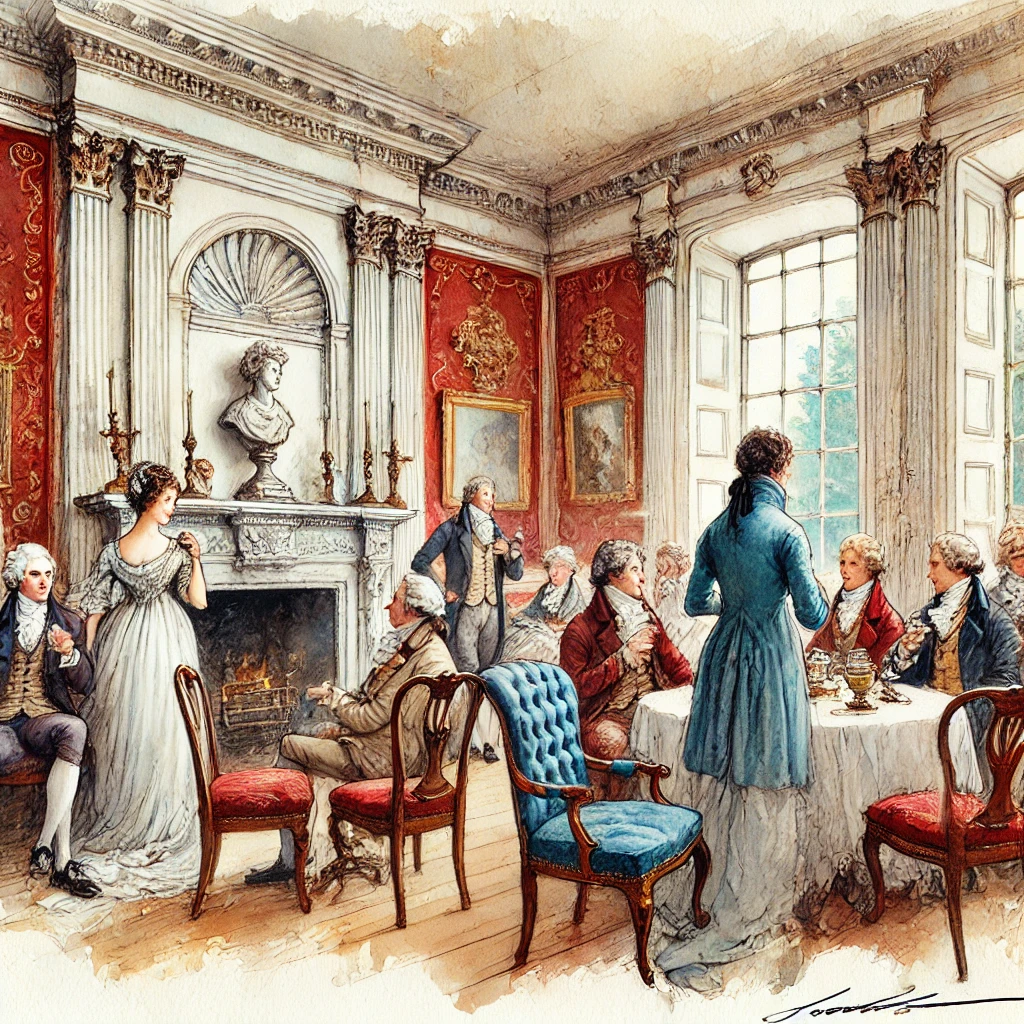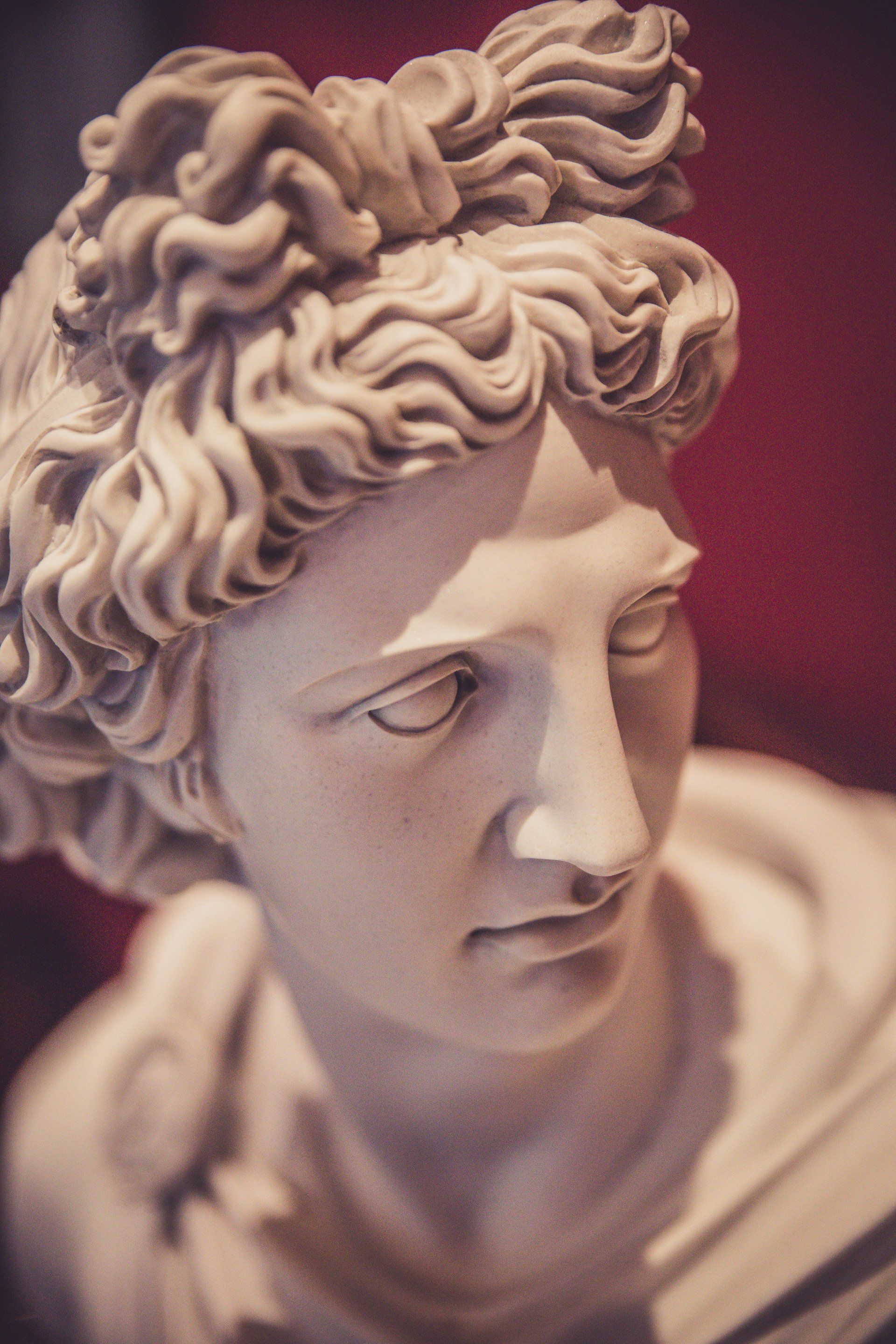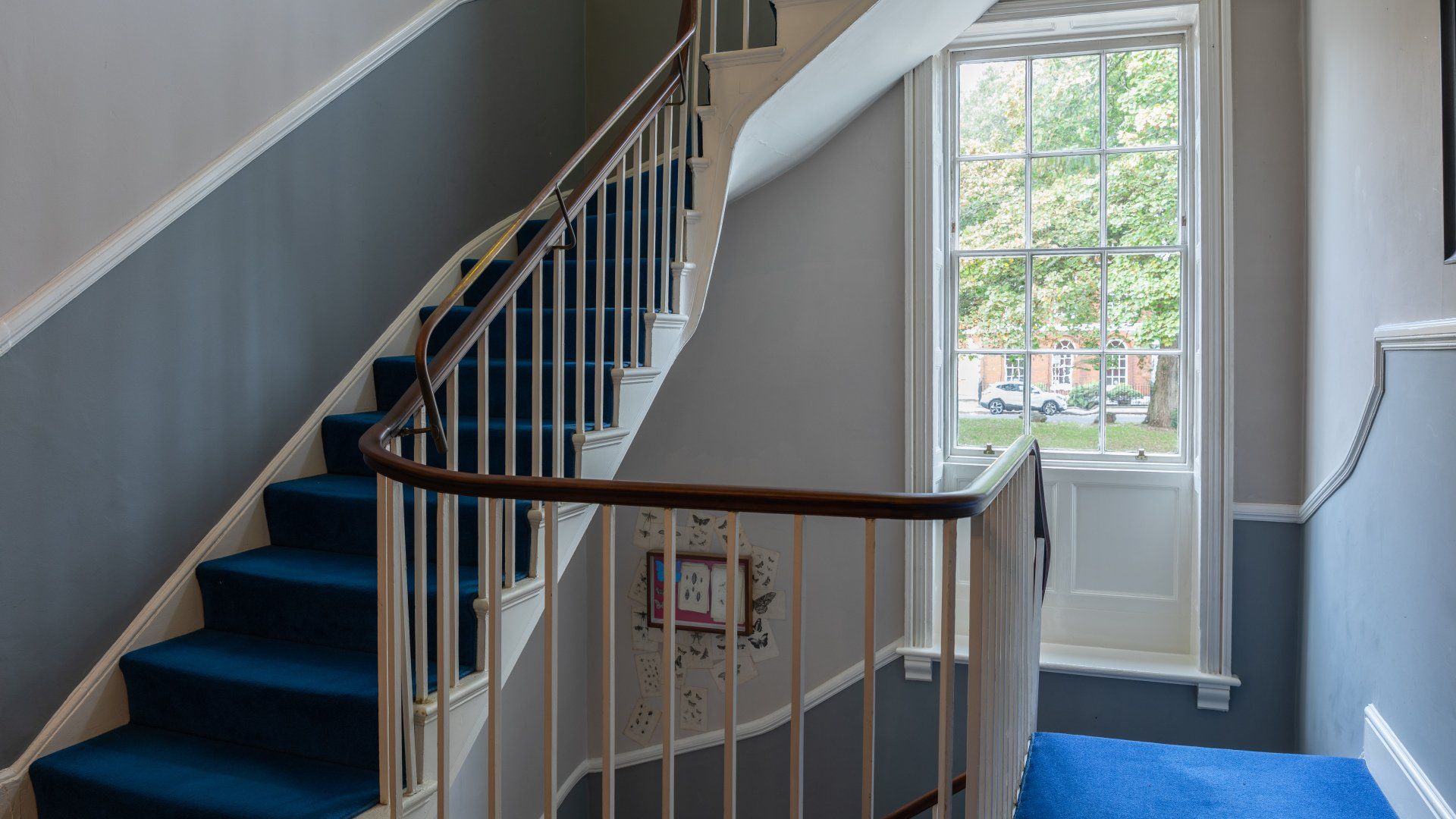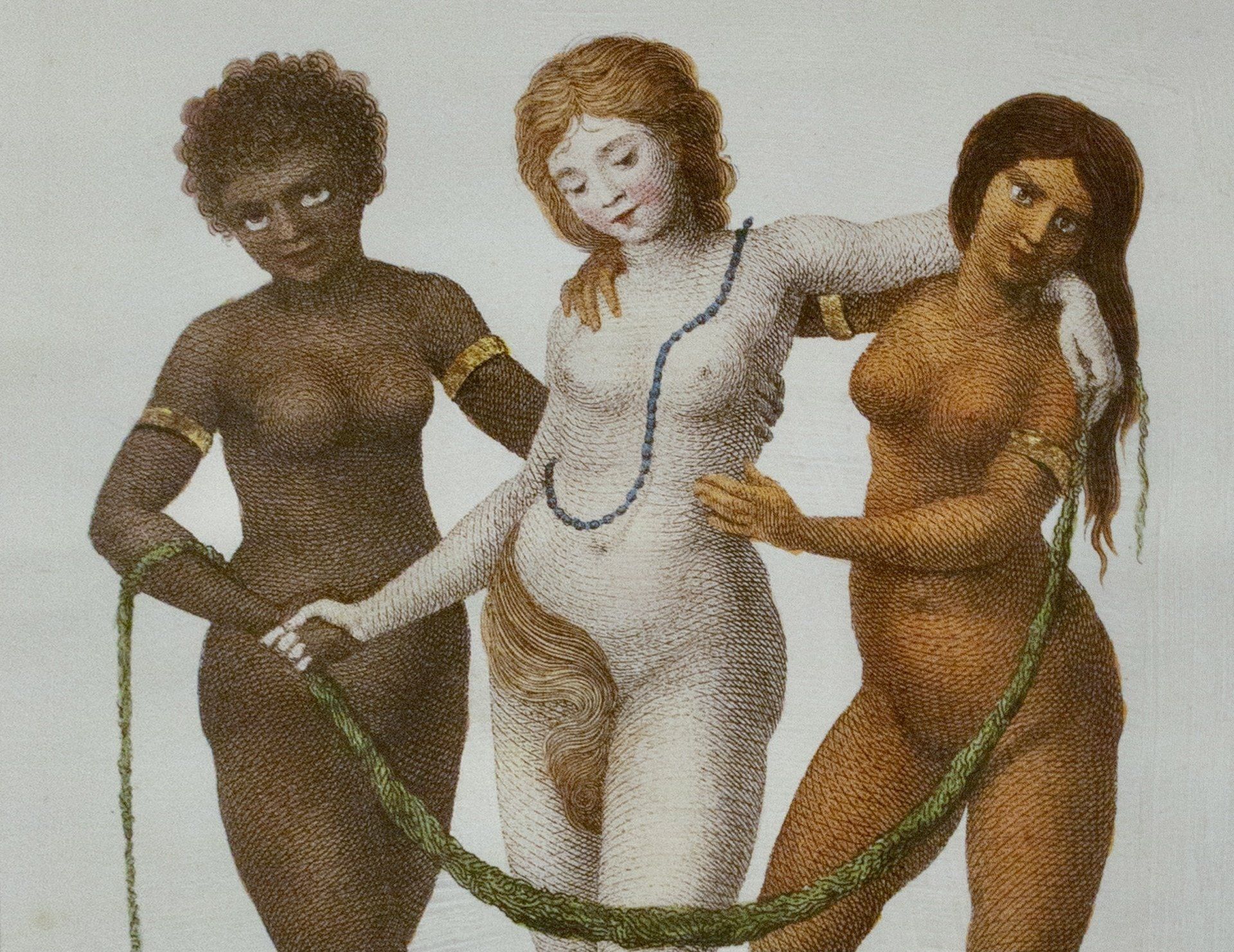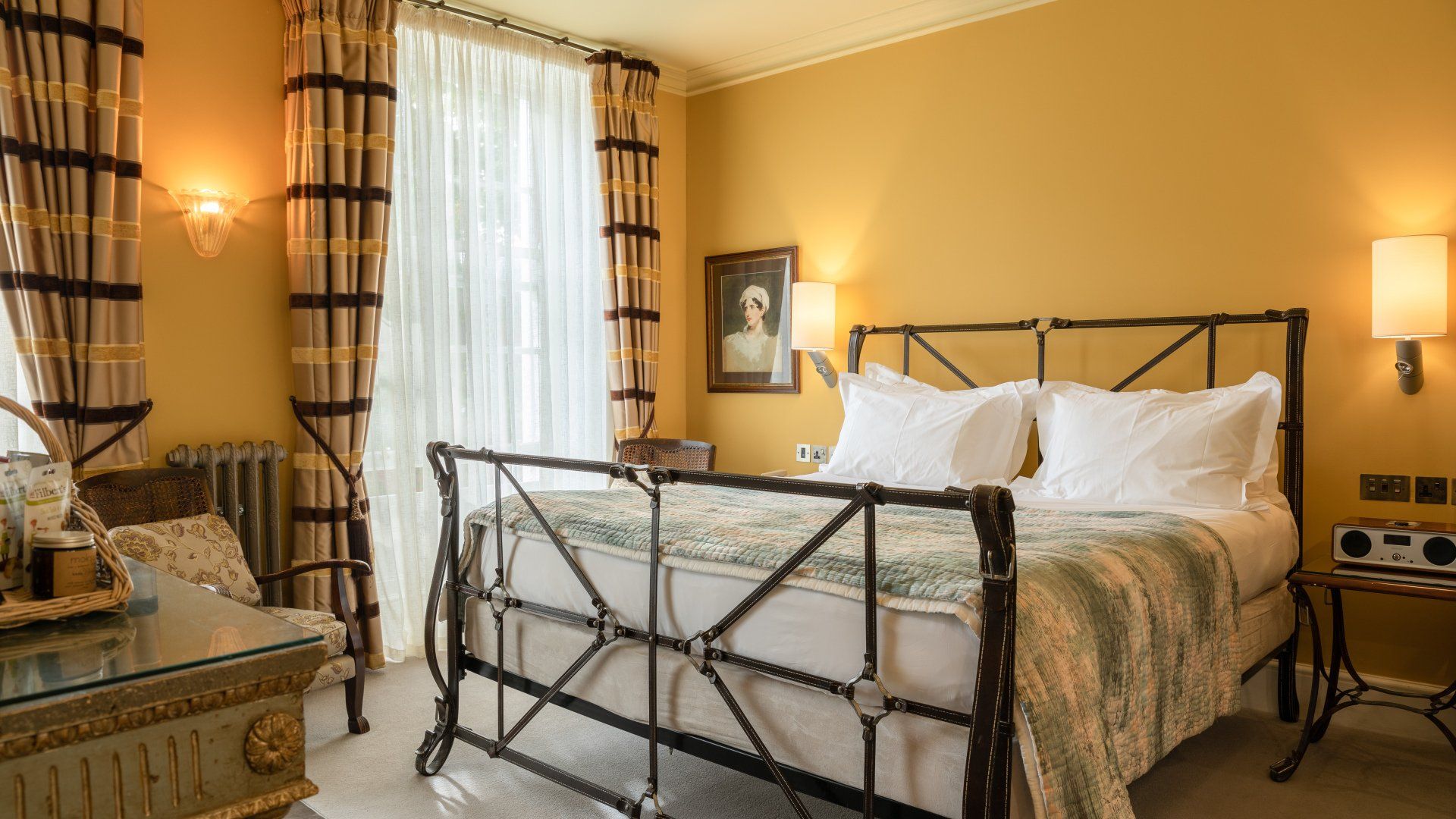
CONTACT
Tel: 01392 439 000
Email: home@southernhayhouse.com
Southernhay House Hotel
36 Southernhay East
Exeter, EX1 1NX
What did the Romans do for Isca?
we're hardwired to understand and consume narrative. everything hangs on the thread of a good stor. here's a light piece i worte for my friend, karen, who makes exeter gin - which we are happy to pour liberally in our bar, as being both local and full of the good stuff.
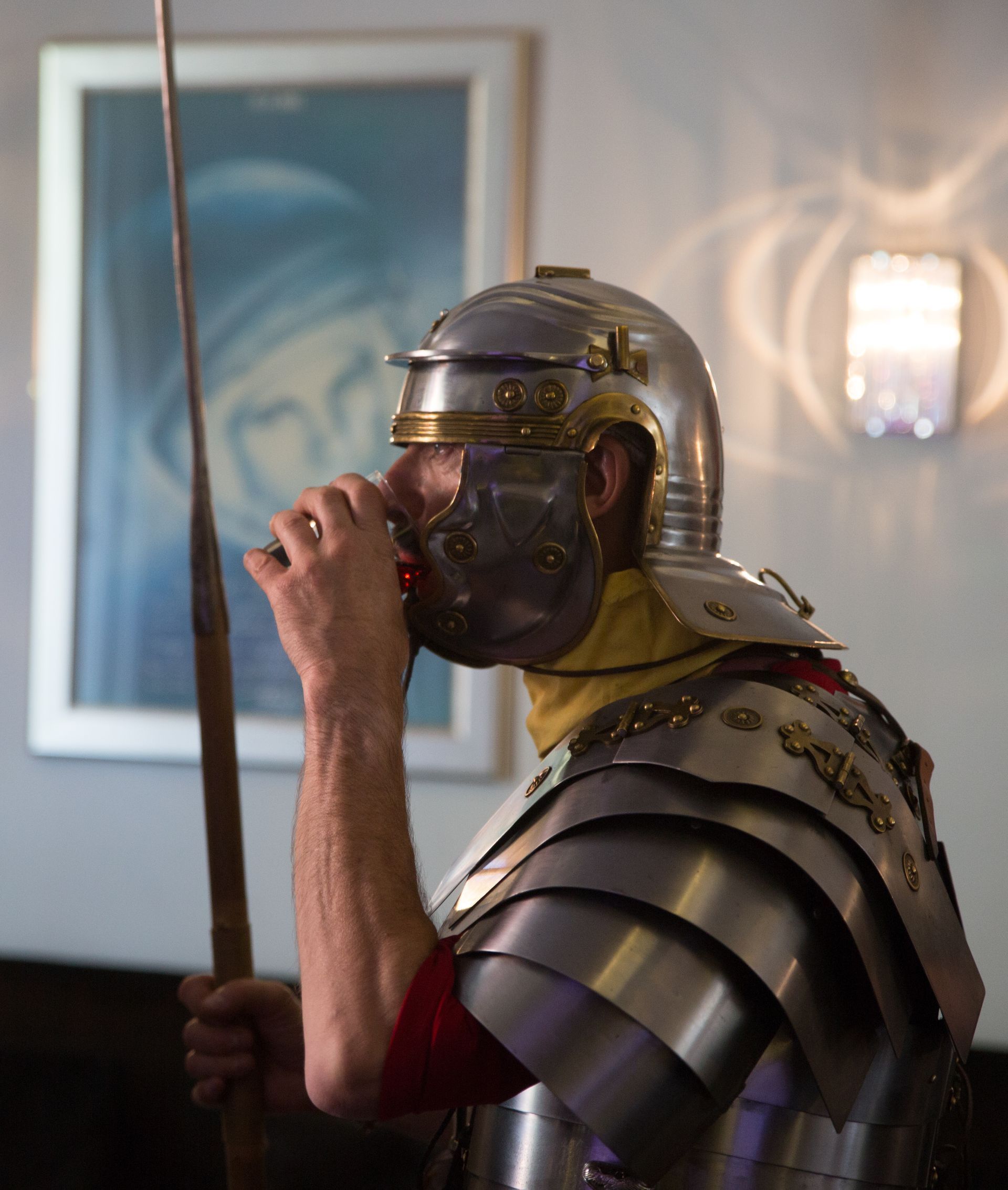
Titus Flavius Vespasianus wrapped a hot towel around himself and stepped out of the bath house to check what the incoming tide would bring. Thank Jupiter, the time for conflict was over - even if temporarily - and it was time for trade. The Commander of the Second Legion was expecting valuable cargo from the Roman colonies: spices, valuable metals and maybe even some fine Roman wines. Titus, who most called Vespasian because he was their boss - had been forced to drink the local ale; a disgusting sour tasting concoction that started with fermenting spelt, he had been told. Worse still was the fizzing apple juice the local Dumnonii tribe proudly and loudly waved around at the end of every summer: that had bowel-moving properties and was not what his troops needed at all. Far better stick with their regular posca mix of wine and vinegar, although you would have to promise him the Senate before he would touch it himself.
Really, Vespasian reflected, the people of Isca had been no trouble at all; some were almost civilised. Some had welcomed him under their roofs with proper Roman (and even better, Greek) wine, which they had traded further south on the coast in exchange for their very nice supple leather and even finer beasts. Vespasian was pleased that his Legion had managed to establish a nice little trading port just a stade or so away from the main barracks, on that hard bit of ground by the estuary, just before it narrowed and shallowed.
That would be a good legacy, a mark of respect to the local tribe for the ease with which they had let his Legion ‘conquer’ their territory. Isca was a good place to stop - before losing sleep, men and reputation in trying to push further into the wild and unruly land that lay to the West. Leave them to it, he thought: I have a good, solid base and some friends here, yes: friends, who will carry on with the process of Roman civilisation long after we’ve withdrawn. Vespasian was already contemplating his triumphant return to Rome, and calculating how many of the provinces he had occupied would swing his way, were he needing to show his muscle with the Senate.
Meanwhile, he pondered: what is it with that ale? Might his legacy be even better assured if he were able to leave something less tangible than roads, bath houses, temples behind? What lasts longer than bricks and mortar? Vespasian remembered the vows he had taken with his First Cohort, over wine that was less watered than it probably should have been. Those vows would stay with him and (he hoped) with them, forever. Now, obviously this wind-swept and not very agreeable part of the world would never bear vines and thus wine. But could Vespasian bend something more common to his - let’s face it - pretty admirable will, and create something magical from produce found in every marketplace. Surely, with a little Roman ingenuity and liberal use of the spices, dried herbs and sugar that were shortly coming on the tide, the fermenting spelt could be, well, maybe after passing through some kind of purification like a filter or heat of some kind, made into something eternal?
Isca spiritus est nunc et in perpetuum decoctus
“The Spirit of Exeter distilled, now and forever”
NON-RESIDENTS WELCOME!
- Monday
- -
- Tuesday
- -
- Wednesday
- -
- Thursday
- -
- Friday
- -
- Saturday
- -
- Sunday
- -
Subscribe for the
latest news and events
Subscribe to Get Our Special Offers
Thanks for subscribing. You'll be the first to hear about new items and special offers.
Please try again later.
All Rights Reserved | Southernhay House Hotel Limited
DESIGN by Initiate Creative
